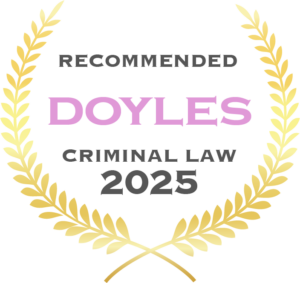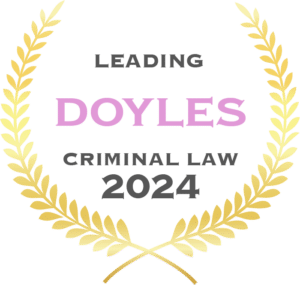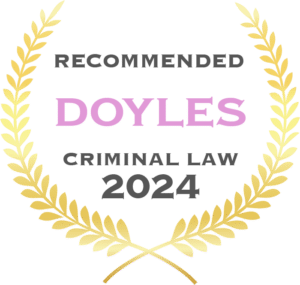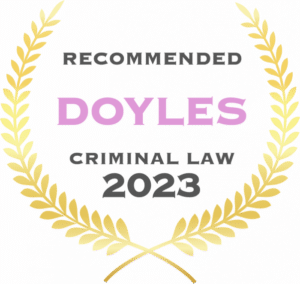Criminal Defence Lawyers
Our team
Armstrong Legal has a dedicated and experienced team of criminal defence lawyers who practice exclusively in Criminal and Traffic Law. The primary focus of each of our lawyers is the service provided to their clients. We recognise that facing criminal or traffic charges can be confronting and stressful and has potentially serious consequences.
At Armstrong Legal, we understand that being charged with a Criminal or Traffic offence can be an incredibly stressful time and we pride ourselves on our ability to guide you through the process, every step of the way. Criminal and Traffic law can be incredibly complex. It is important to have expert advice in your corner, to help you defend your matter, or obtain a sentence that will not impact your life, family or employment negatively.
With three of our Criminal lawyers recognised by the Law Society of New South Wales as Accredited Specialists in Criminal Law, Armstrong Legal’s criminal lawyers have the skill, experience and expertise to handle all aspects of criminal law.
We share our knowledge
We believe in making our criminal defence lawyers’ knowledge and experience of criminal law available to the public. Our criminal law pages are written by Criminal Lawyers and are designed to assist ordinary people with all their criminal law questions. In addition, our lawyers are available to provide advice over the phone, or in a face-to-face conference. We take pride in helping people at their time of need.
We have the experience you need
Our lawyers practise in New South Wales, Victoria, Queensland and the Australian Capital Territory. We appear in the Local, District, Magistrates and Children’s Courts regularly as well as in the Court of Appeal, the Court of Criminal Appeal, and the High Court of Australia.
Armstrong Legal is here to assist you to get the best possible result in your criminal or traffic matter, so please contact us.

















